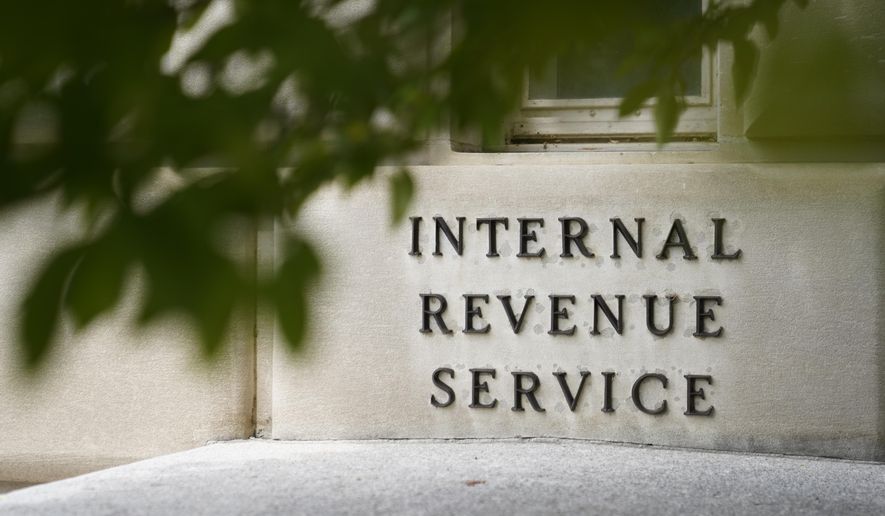IRS leaders say they care about staffers’ feedback, but the tax agency axed its employee suggestion program in 2021 and has yet to come up with a replacement, according to an inspector general’s report Monday.
The IRS said it was wasting too much money on the program with too little payoff. It spent more than $4 million a year but rejected almost all of the suggestions it received.
Rather than overhaul the program, the agency canceled it.
The inspector general says that was a mistake, particularly since the first pillar of the IRS’s plan for engaging with employees is to listen to them.
“The absence of a Service-wide employee feedback program goes against the IRS core values,” the inspector general said.
That the program wasn’t cost-efficient was obvious, the investigators said. But they said the IRS is partly to blame.
For one thing, policies governing suggestions weren’t clear and weren’t followed. Some suggestions were rejected because they didn’t include a cost-benefit analysis, even though that was never a requirement, the inspector general said.
Administrators and users also “lacked training and expertise,” the audit found.
The audit found 4,672 suggestions were submitted over a five-year study period. Of those, 2,824 made it through an initial screening, and each took more than 30 hours of evaluation.
Just 162 were adopted, with a total savings to the IRS of $224,797.
The suggestions box was supposed to be open to ideas about safety, increasing production, lowering costs or raising morale. But ideas that pointed out needed maintenance, suggestions about employee services or that were intended to “improve working conditions” were ineligible, the audit said.
Investigators reviewed 40 rejected suggestions and found 34 of them shouldn’t have been nixed.
Among those was a suggestion to sniff out potential fraud by matching employer identification numbers on W-2 forms against 1040 tax returns. The employee pointed out that some employers may be underpaying by millions of dollars.
But a reviewer rejected the suggestion, indicating on a form that the suggestion box was supposed to be for cost-savings, not increased revenue.
The inspector general said that was incorrect.
Other suggestions to improve taxpayers’ rights were also rejected as outside the scope of the suggestion box.
In one example, an employee noticed that taxpayers in bankruptcy were seeing payments delayed and sometimes misapplied because they all used a single service center. That suggestion was canned, but no explanation was given for why.
Suggestions to improve safety were also usually rejected outright, the audit found.
After killing the suggestion box, IRS managers tried to implement an Idea Wall. It barely got off the ground, didn’t cover all IRS divisions, and hasn’t been active since August 2021.
The IRS also promised to dedicate more money to its Special Act Awards program to try to encourage feedback, but the new audit said employees were never notified of that process.
In its official response, the IRS said it believes its employees feel “engaged” already, and pointed to town halls, team meetings, surveys and “walk in my shoes” activities as ways for staff to feel they are heard.
David M. Aten, the IRS’s human capital officer, also defended the old program’s decision-making, saying employees who didn’t meet “basic elements” of the suggestion process weren’t going to be heard through that process.
But Mr. Aten did agree with the inspector general’s recommendation that a broader feedback program is needed, calling it “a high-priority initiative.” He said IRS officials will study what other agencies do and try to have a replacement program running by Nov. 15, 2024.
• Stephen Dinan can be reached at sdinan@washingtontimes.com.




Please read our comment policy before commenting.